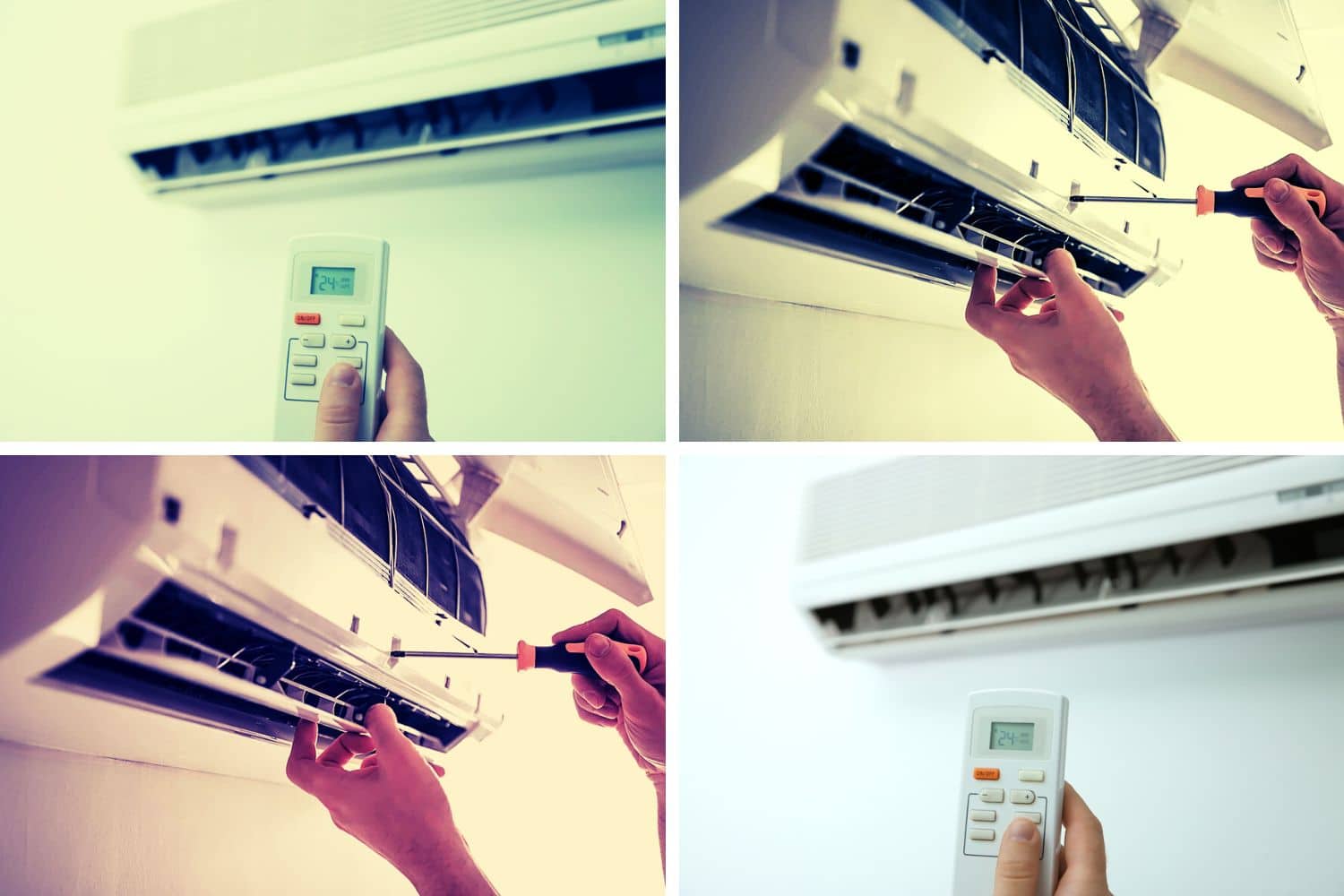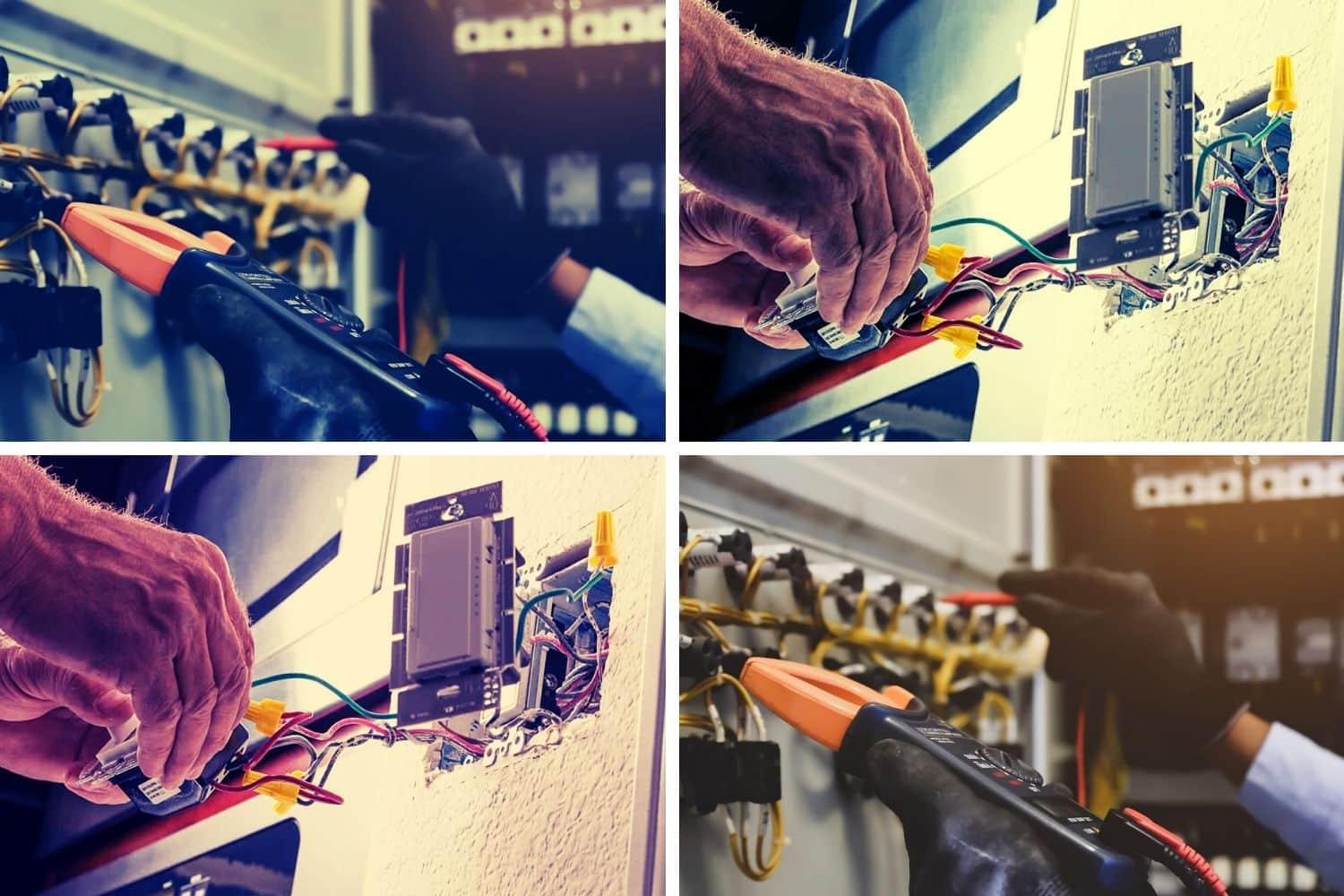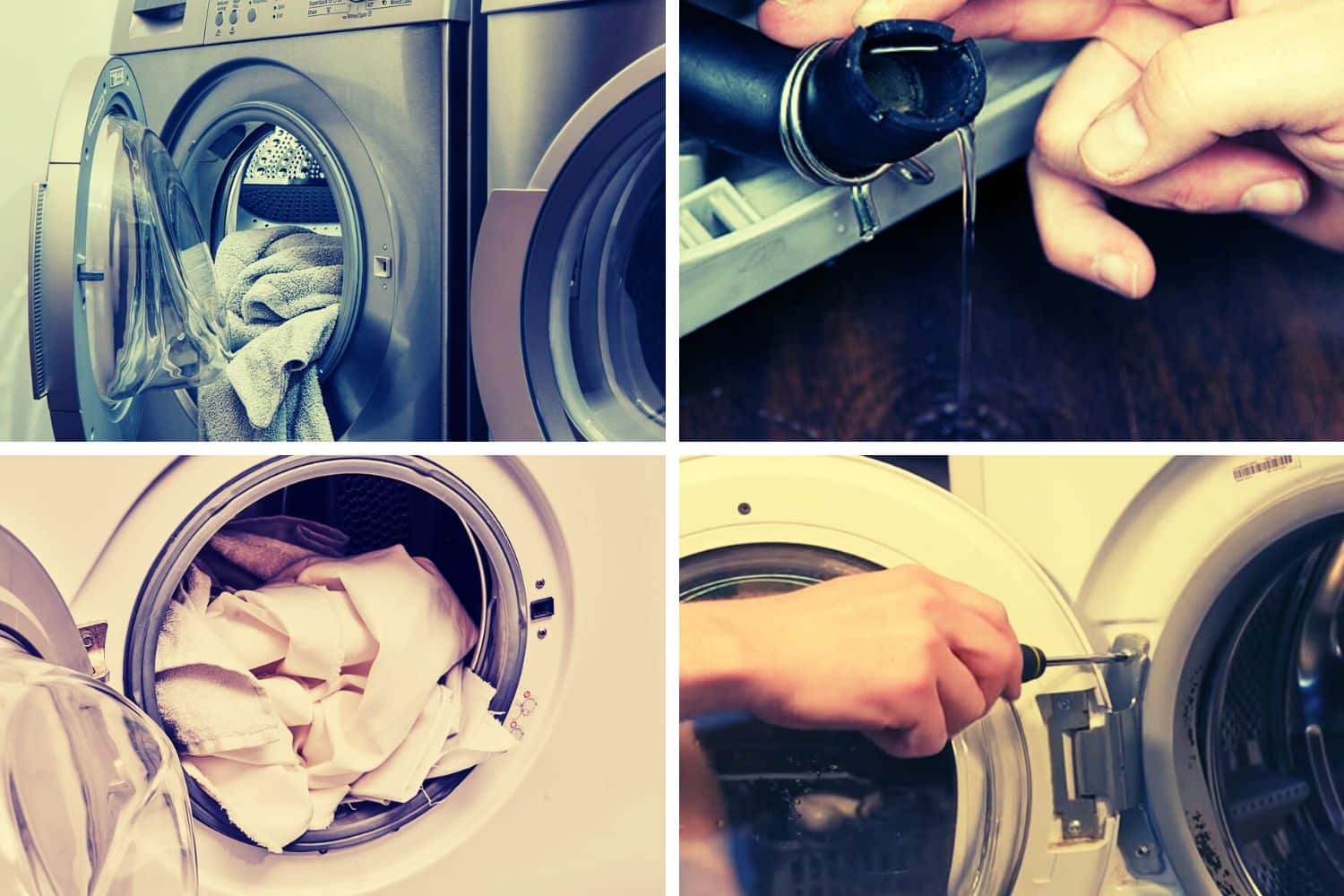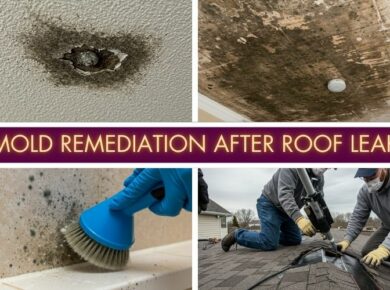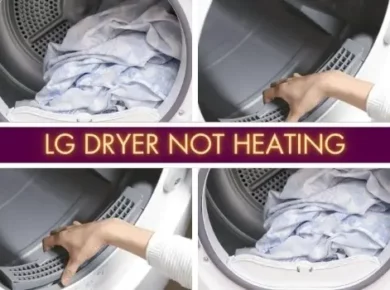Air conditioning systems are a godsend during hot summer months, providing us with comfort and relief from scorching temperatures. However, like any other appliance, air conditioners can develop issues over time that require maintenance or repair. In this comprehensive guide, we will explore the basic working principles of an air conditioning system, troubleshoot common problems, offer tips on maintaining your system for optimal performance, and help you identify when it’s time for a component replacement or professional air conditioning repair in Stillwater, OK.
The Basic Working Principles of an Air Conditioning System
Before diving into the intricacies of air conditioning repair, it’s essential to understand how these systems work. At its core, an air conditioner operates on the principles of heat transfer and phase conversion. The primary components involved in this process include the compressor, condenser, evaporator, and expansion valve.
- The air conditioning cycle begins with the compressor, which pressurizes and heats the refrigerant (a specialized cooling fluid). This high-pressure, hot refrigerant then moves to the condenser, where it releases heat to the surrounding environment, causing the refrigerant to condense into a liquid.
- Next, the liquid refrigerant passes through the expansion valve, where it experiences a sudden pressure drop and evaporates into a cool gas.
- Finally, the cool gas travels to the evaporator, where it absorbs heat from the indoor air, leaving behind cooler air to be circulated throughout your home. This cycle repeats until the desired indoor temperature is achieved.
Troubleshooting Common Air Conditioner Problems
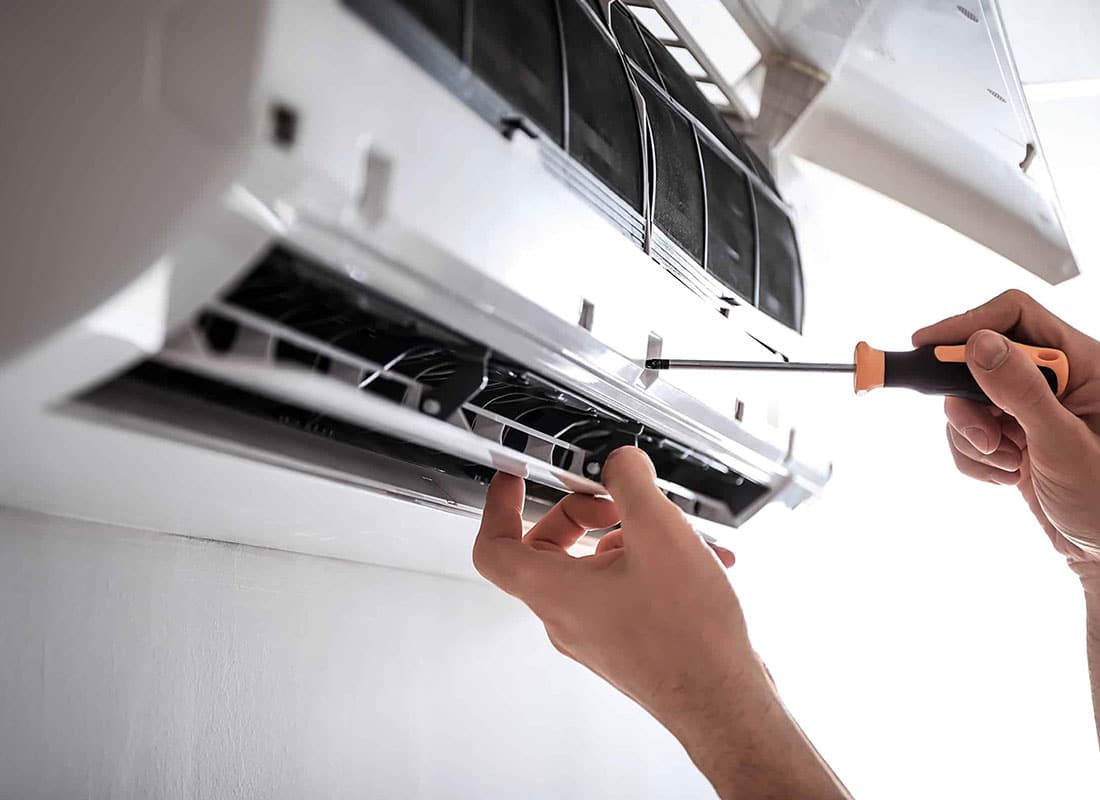
Air conditioners can experience a variety of issues, some of which can be easily resolved with basic troubleshooting. Here are a few common problems and their potential causes:
- Insufficient cooling: If your air conditioner isn’t cooling your home effectively, it could be due to a dirty air filter, low refrigerant levels, or a malfunctioning thermostat.
- Unusual noises: Strange sounds coming from your air conditioner may indicate loose components, debris caught in the system, or worn-out parts that need replacement.
- Water leaks: Leaking water can result from a clogged drain line, frozen evaporator coil, or improper installation.
Tips for Maintaining Optimal Air Conditioner Performance
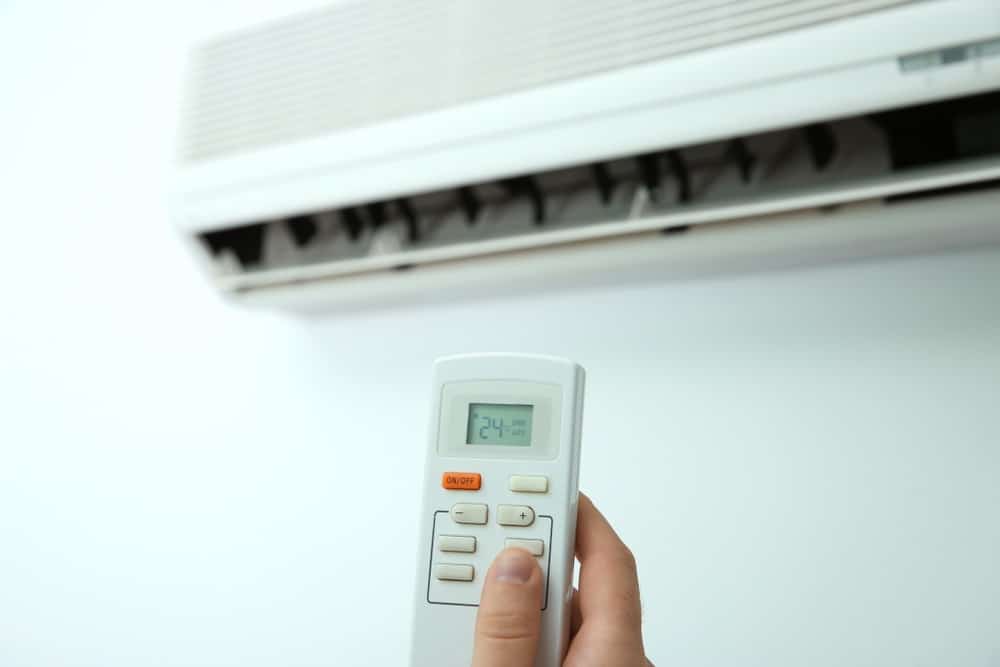
Regular maintenance is crucial for keeping your air conditioning system running smoothly and efficiently. Here are some tips to ensure optimal performance:
- Replace air filters regularly: Dirty or clogged air filters can restrict airflow and reduce your system’s efficiency. Replace them every 1-3 months, depending on your usage and environment.
- Clean your outdoor unit: Keep the area around your outdoor unit free of debris and vegetation, and periodically clean the condenser coils to maintain proper heat transfer.
- Schedule annual professional maintenance: An HVAC technician can inspect, clean, and service your system, addressing any potential issues before they become major problems.
- Consider upgrading to a more efficient system: Older systems may be obsolete, with newer technology providing increased performance and energy savings.
Identifying the Need for Component Replacement
As your air conditioning system ages, certain components may wear out and require replacement. Look out for these signs that it might be time for a new part:
- Increased energy bills: If your energy costs are rising without any changes in your usage habits, it could indicate a failing component that’s reducing your system’s efficiency.
- Frequent repairs: Constantly needing repairs might signify that one or more parts are reaching the end of their lifespan.
- Inconsistent temperatures: If some rooms in your home are colder or warmer than others, it could be due to a malfunctioning component affecting your system’s ability to distribute air evenly.
In Conclusion
Understanding the inner workings of your air conditioning system, troubleshooting common issues, and maintaining your system are essential aspects of ensuring a comfortable living environment during hot weather. If you encounter any problems beyond your expertise, don’t hesitate to contact a professional HVAC contractor for assistance.
